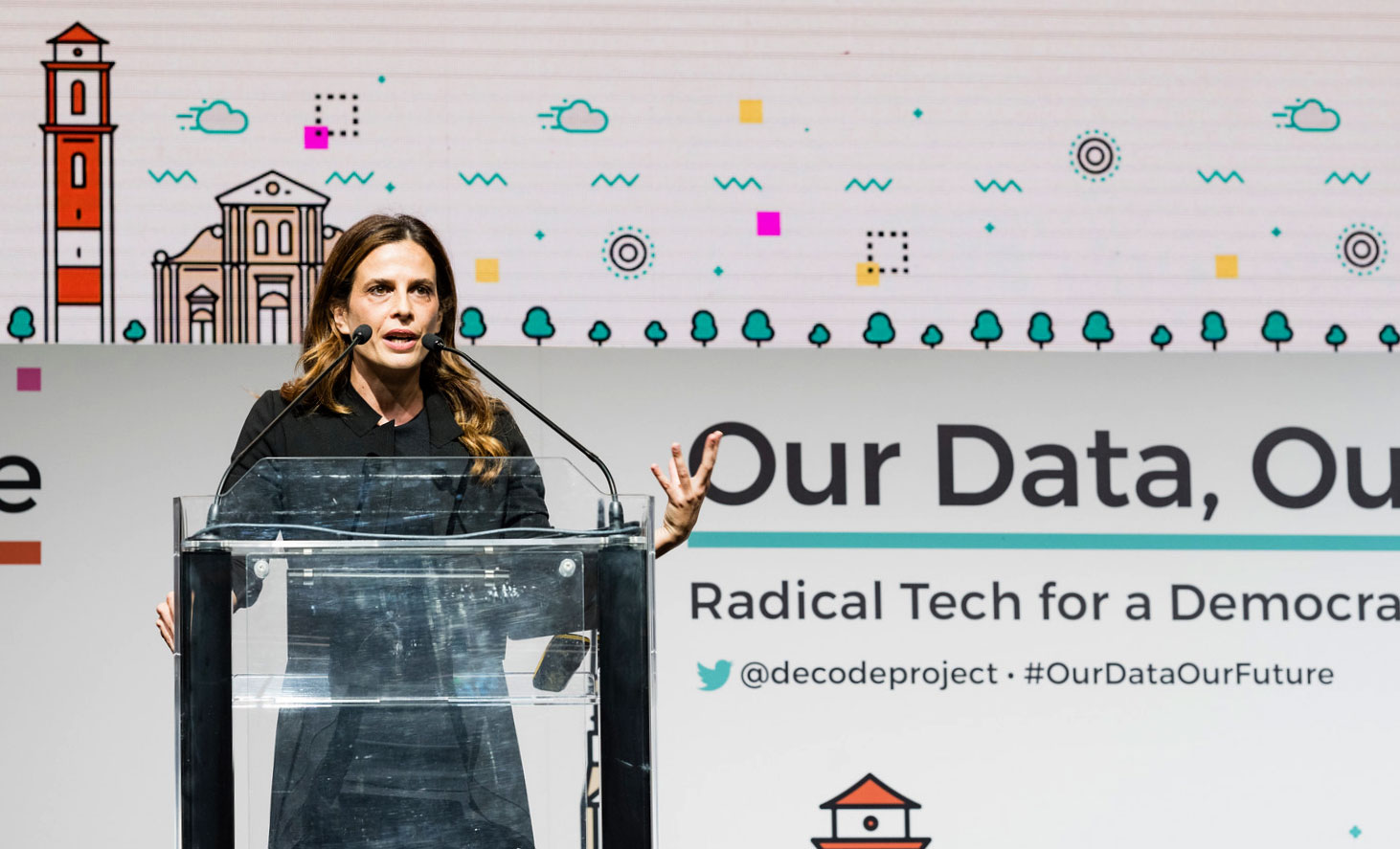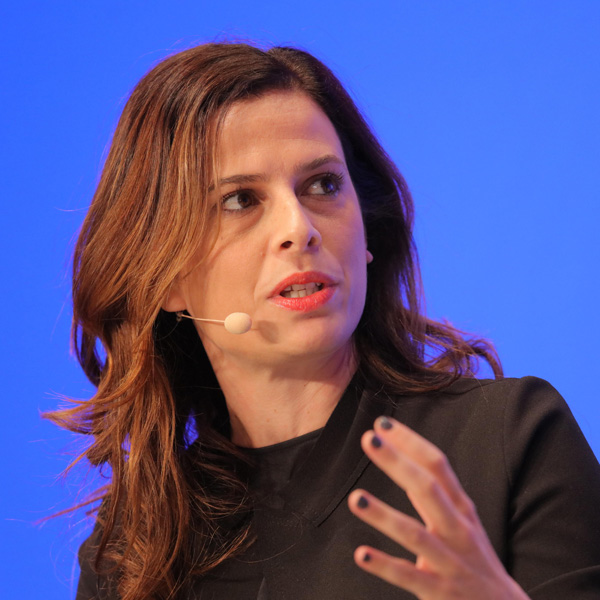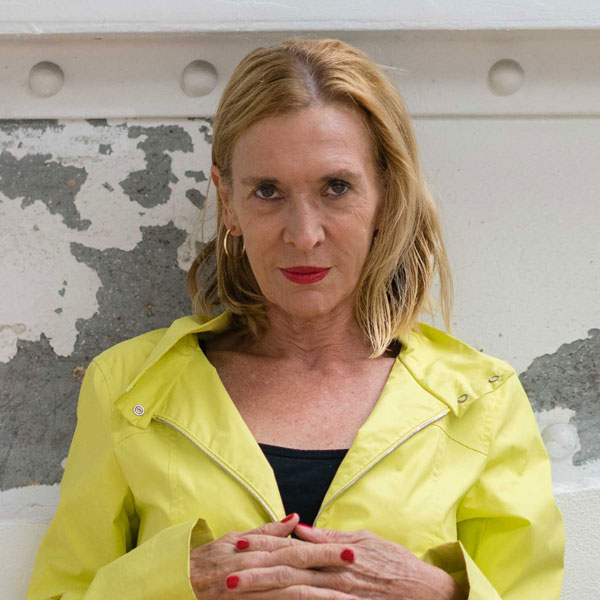“This systemic change needs its own aesthetics.”
Innovation economist and digital policy expert Francesca Bria is working at the intersection of technology, geopolitics, economics, and society to make digital innovation more socially responsible. Bria is the President of the Italian National Innovation Fund. She is honorary professor in the Institute for Innovation and Public Purpose at UCL in London and a Senior Adviser to the United Nation (UN-Habitat) on digital cities and digital rights. Bria is leading the DECODE project on data sovereignty in Europe, and is a member of the European Commission high level expert group Economic and Societal Impact of Research and Innovation (ESIR). She is the former Chief Digital Technology and Innovation Officer for the City of Barcelona in Spain. As Senior Programme Lead at Nesta, the UK Innovation Agency, she has led the European Union’s D-CENT project, the biggest European project on digital democracy platforms and digital currencies. She also led the DSI4EU project, advising the EU on digital social innovation policies and purpose-driven innovation. She has taught in several universities in the UK and Italy and she has advised public and private organizations as well as governments on technology and innovation policy and its socio-economic and environmental impact.











